WILBERT DAS
Weaving an indigo thread through a creative life
From creative director at Diesel to designing and running the hotel UXUA, now one of Brazil's most sought-after hotels, Wilbert proves why curiosity and taking every opportunity are keys to a happy life.
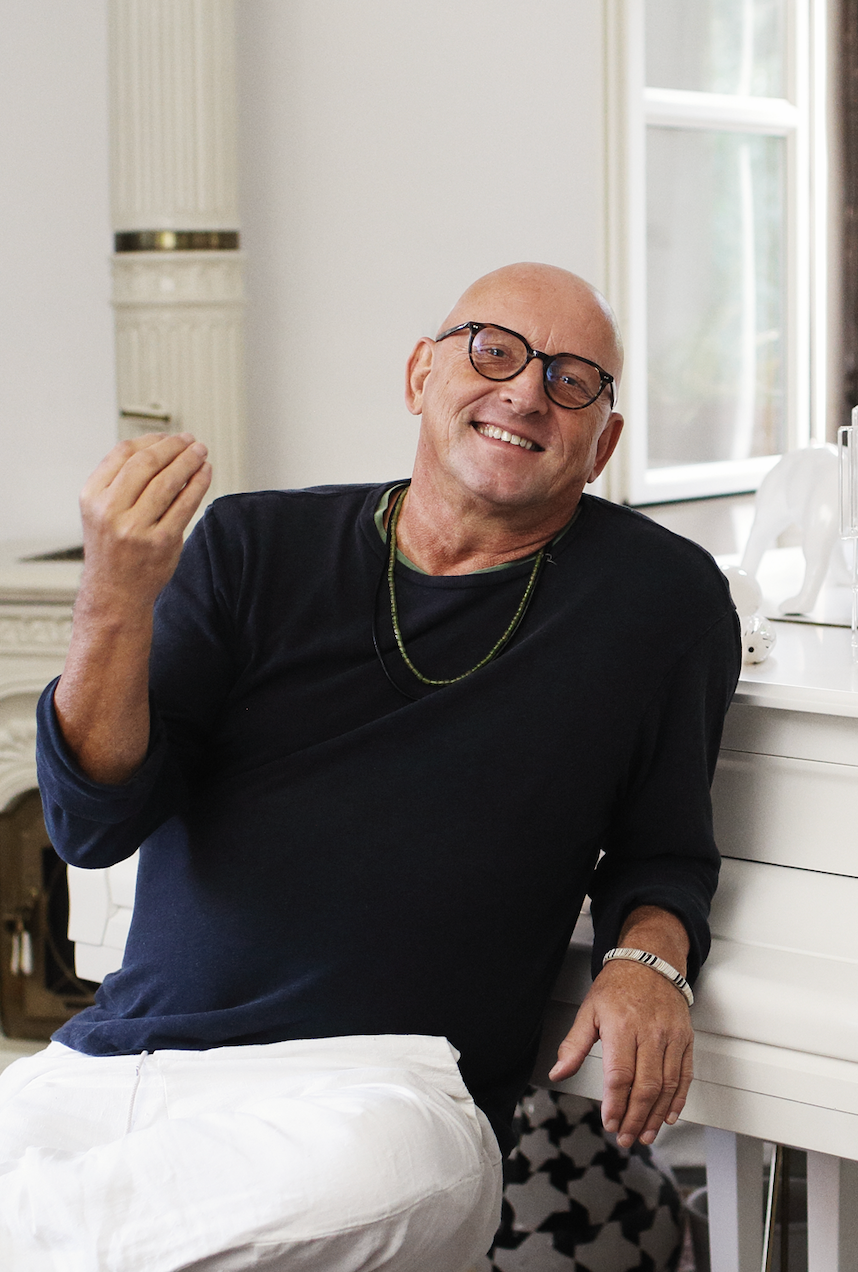
Three milestones took place in very different locations around the world.
Three milestones took place in very different locations around the world.
First, the decision to study fashion in his native country of The Netherlands. Then, he applied and started working at the then up-and-coming fashion brand Diesel in Italy.
He quickly became creative director and developed the collections into the world-famous brand we know it as today.
Twenty-one years into fashion, in 2004, Wilbert changed his life and moved to Brazil to open UXUA Hotel, which translates as "wonderful" in Portuguese. For a one-of-a-kind collaboration with The TwentyFour Six, we combined symbolic materials that represent his life story to make one unique item.
What strikes us while listening to Wilbert’s life is his ability to form, coordinate, and lead teams to achieve beautiful results, both during his career as creative director at Diesel and as owner of UXUA. Join us for a conversation about the momentous turning points in Wilbert’s life, creativity, and all the inspirations throughout his career.
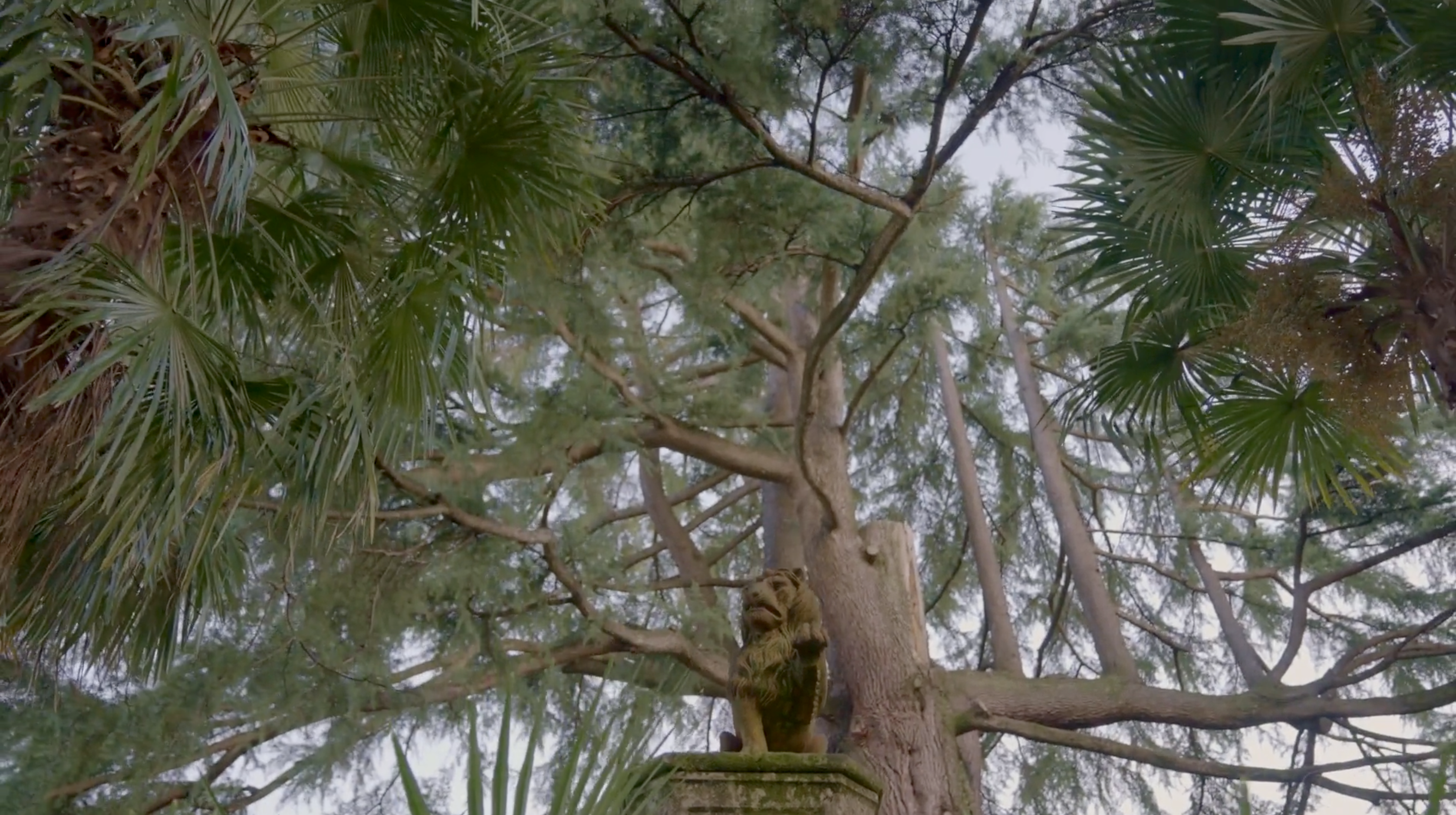
Our Q&A with Wilbert Das:
Our Q&A with Wilbert Das:
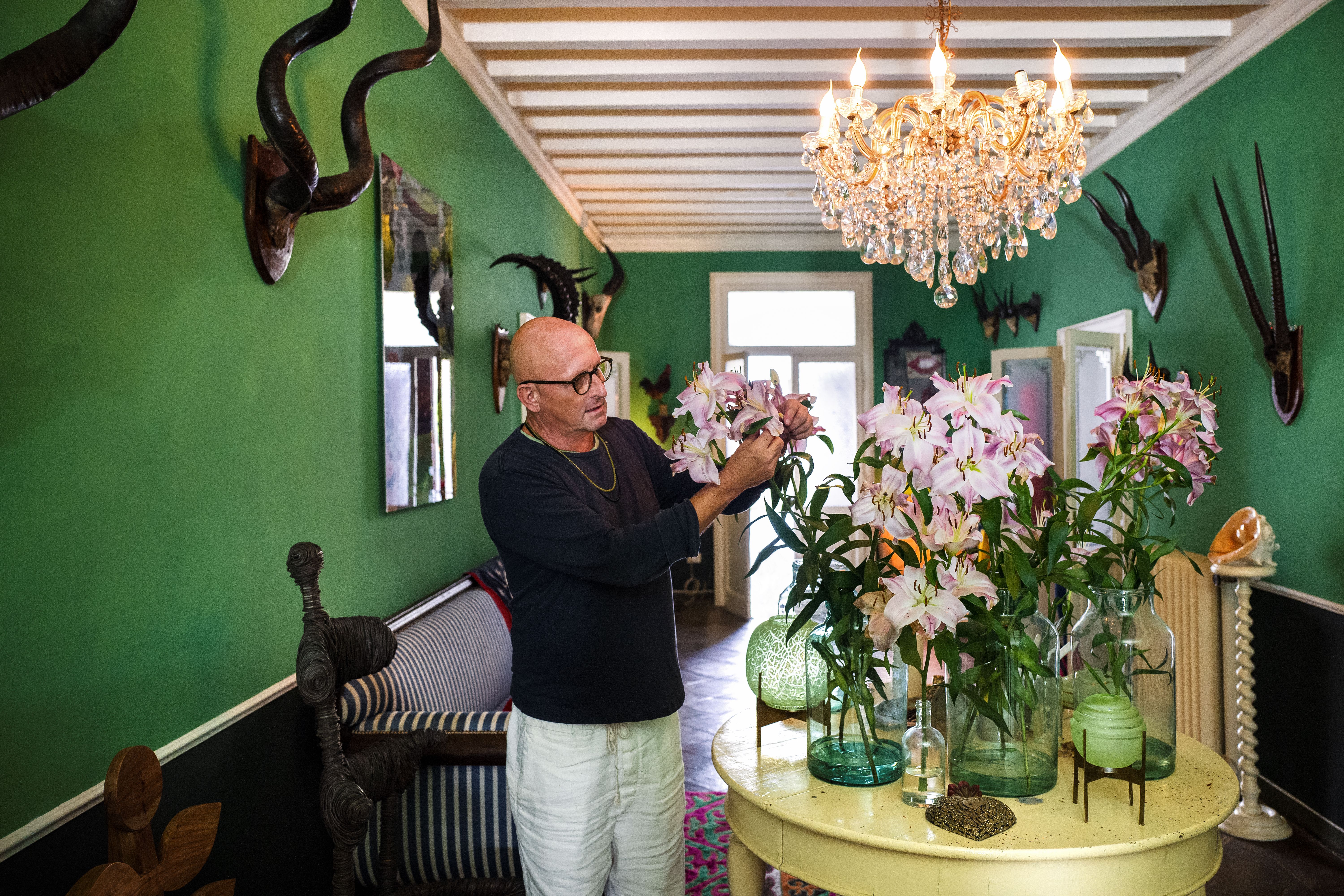
When did you know you wanted to study fashion?
Fashion wasn’t something I always wanted to do from a young age. It was something that interested me from the moment I started to go out. I became interested in clothing and how people presented themselves. The 70s and the 80s were very interesting moments in fashion from my point of view, because I was very interested in how wearable fashion could become creative. This might be the biggest reason why I wanted to study fashion
My idea was "Everything that I make, I want to see on the street. I don't just want to see it in a magazine. I want to see it on people and it has to be real."
My idea was "Everything that I make, I want to see on the street. I don't just want to see it in a magazine. I want to see it on people and it has to be real."
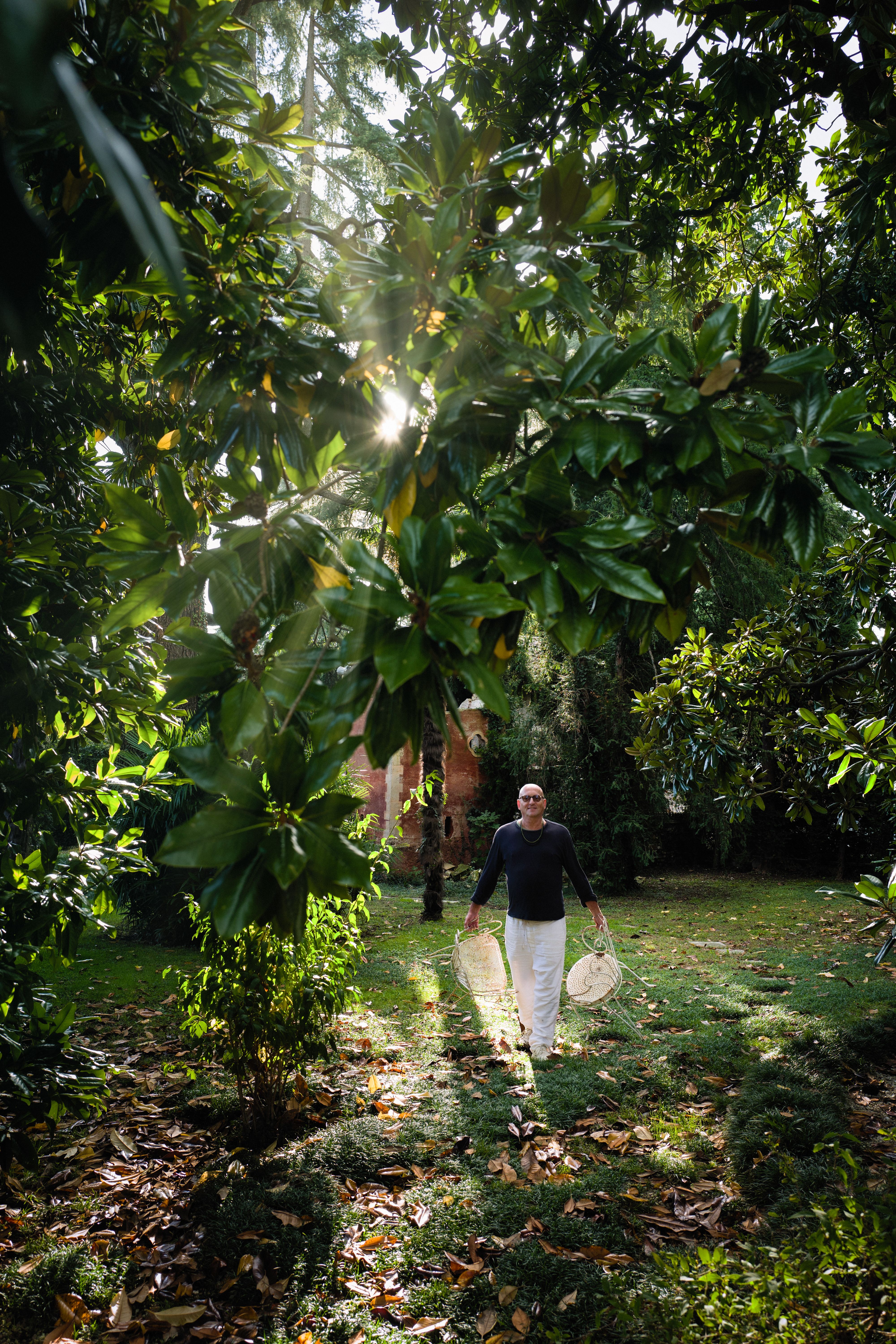
After graduation, you started working for Diesel, quickly becoming creative director, and leading the brand for over twenty years. How was this experience?
In the beginning, I was like a sponge. I wanted to eat up everything, I wanted to learn everything, I wanted to do everything. I was a curious person. I studied fashion, but when you arrive in a company there are so many things you have to learn and so many thanks you didn't even know were part of fashion. I liked the advertising part, which I didn't study, and started to go into that as well. Architecture, store design, and all kinds of licensed design. Those things I did as well. Perfumes, sunglasses... Everything was based on curiosity until the very last moment. I was there for twenty-one years, and until the last moment, I didn't stop doing new things. My last projects were a lighting collection and a furniture collection for example.
What was the biggest change?
What was the biggest change?
My biggest change was that in the beginning, I wasn't worried about making, creating, and producing a lot. At the end of these 21 years, the pace and the quantity were exaggerated for me. I know that people have to dress themselves, but it didn’t have to be in that amount. These fast changes weren’t my way of thinking anymore. The reason why I love the last lighting and furniture collection I made for Diesel is because those items stay for a long time. You design a couch and it stays for a lifetime, hopefully.
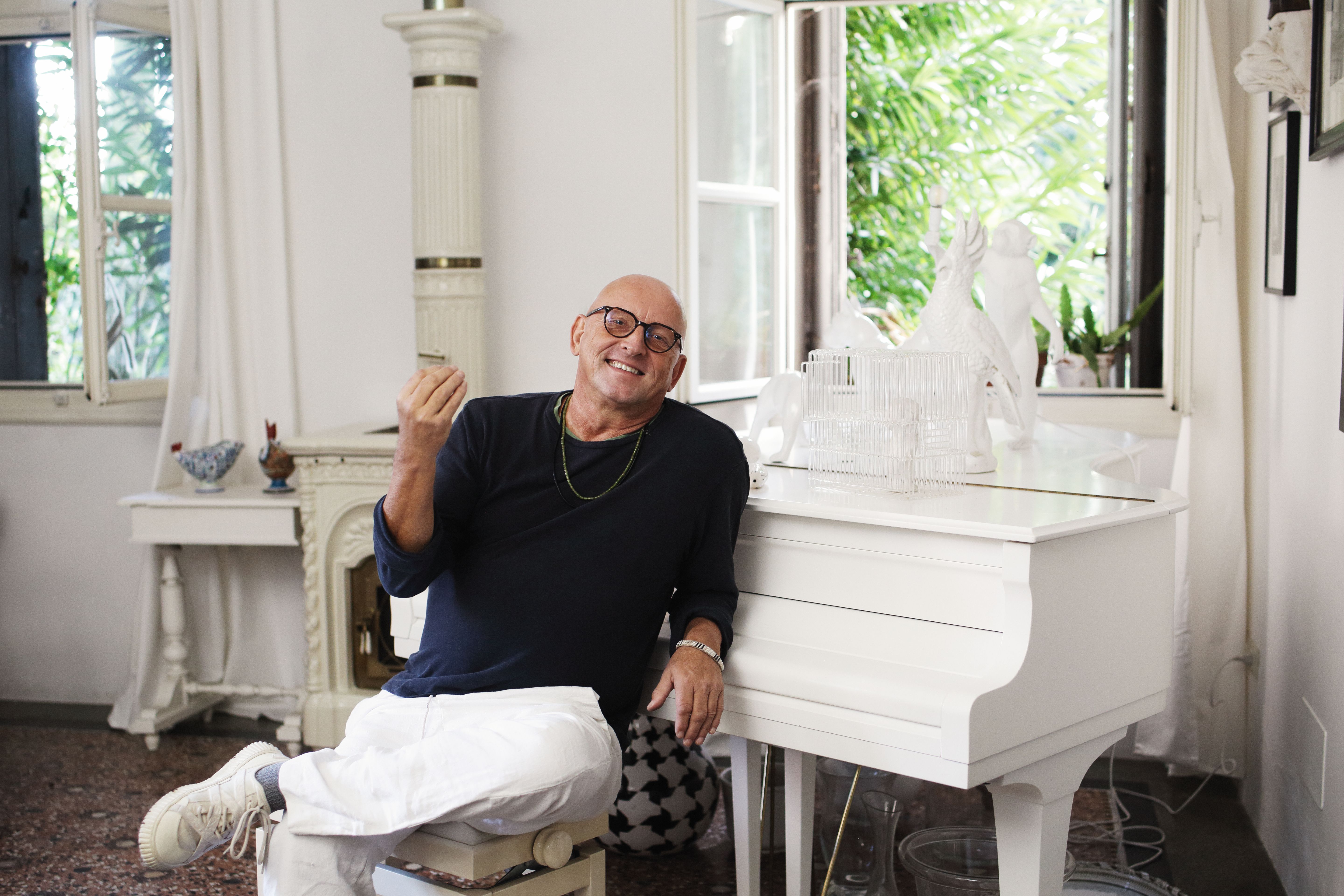
Is there one thing you're most proud from your work at Diesel?
That’s very difficult to say. It might be the idea of having created a group of creators and being able to lead this group. We were about 60 creative people getting along, living in a small town in Italy and coming from Tokyo, London, Los Angeles, wherever, all over the world. Getting them to work together in harmony, without too much stress, and creating beautiful things with pleasure. That was the best thing.
I succeeded in doing this without going crazy. It's hard with these deadlines that you have in fashion, but I think that is one of the best things that I've succeeded.
I succeeded in doing this without going crazy. It's hard with these deadlines that you have in fashion, but I think that is one of the best things that I've succeeded.
What brought you to Brazil?
What brought you to Brazil?
I announced to Diesel that I was going to leave in four years. And during that first year of the end contract, I came upon Trancoso by accident. This little village in Brazil completely blew my mind in terms of all the qualities of life that I was looking for. Abandoned nature, friendly, happy people, good food, good music, clean air, beautiful water. All these things that make life good. I found it there and that made me start to dream about a second life in Trancoso. Maybe half Europe time, half time there. By the end of the fourth year, I had the plan of starting a hotel. The moment I finished at Diesel, I immediately went there, and we opened the hotel that I already built during my last year of Diesel.
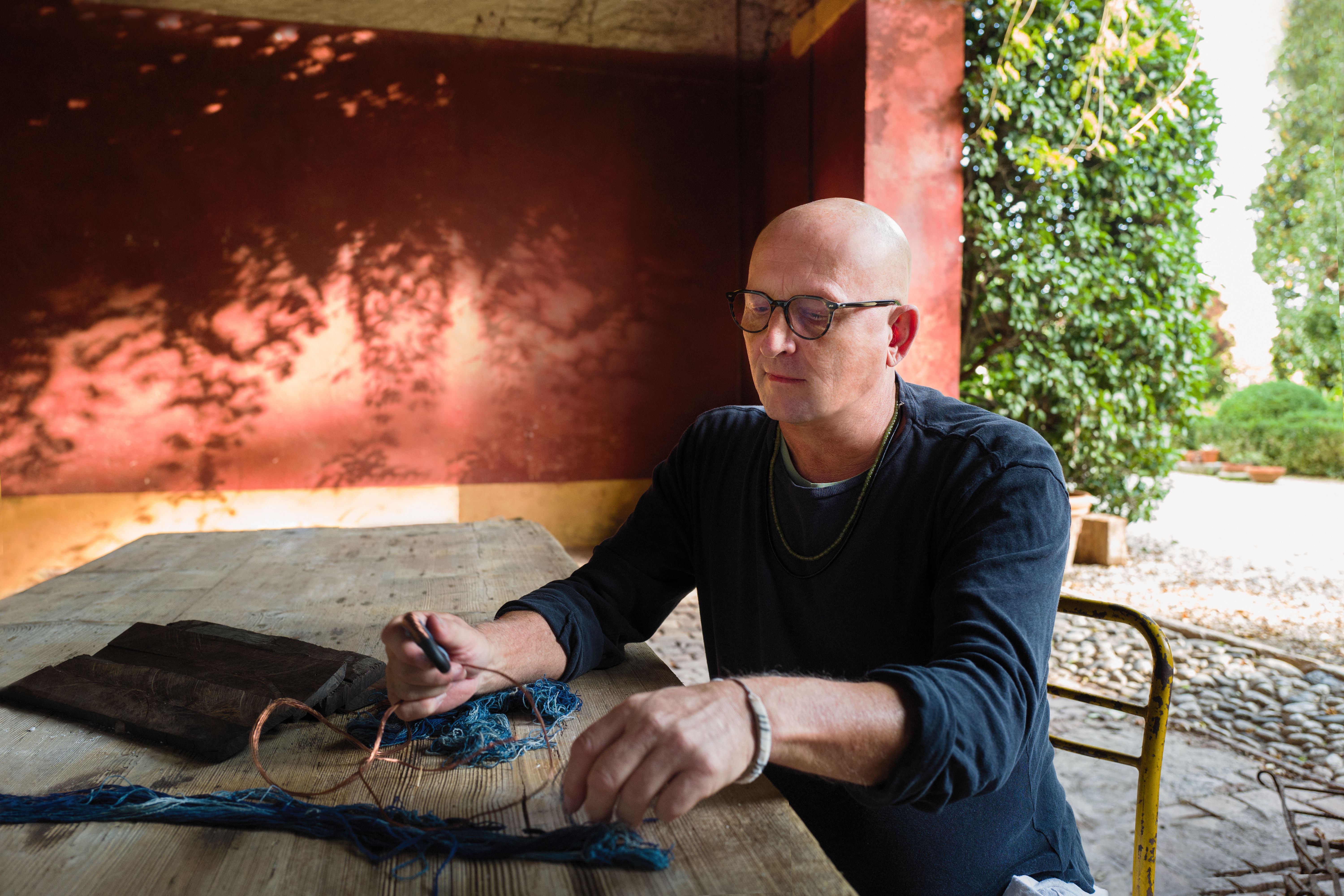
How were the design and building processes in Brazil?
There are a lot of people involved, of course, like architects and local people. Many things I did from here in Italy and then sent it over there. We created a nice team of people, many people that I still work with now. I was completely surprised. The reason why I made the hotel was because the first idea was to make a holiday home. The holiday home went so well that I thought to do much more as it was so easy to build because of the people. They understood me very well, even if my Portuguese was zero. I just had to name them something and they were able to make it. Even better than people I worked with in the States or Japan. It was and still is very harmonious. A very good atmosphere. So, that made me decide to continue building and making a hotel.
How do you compare living in Italy and Brazil?
How do you compare living in Italy and Brazil?
The reason why I went from Holland to Italy after my studies is because I'm very attracted to Latin culture. I like the admiration for food, beauty, and the good life. That is something that is even more the case, or in a very different way, in Brazil. It's a step forward. Here in Italy, it's about living well, and making beautiful things. In Brazil, it is about living today. It's really carpe diem. When you really live today, you don't think about tomorrow. You enjoy yourself.
That was something very good for me after a fashion career. In fashion you think about the next two years. You always have to think ahead. Now I'm barely thinking about tomorrow. With a hotel you have to do that of course. You look at bookings and other things for the day after, and then the month to come, but you still live the day.
In Brazil, it is about living today. It's really carpe diem. When you really live today, you don't think about tomorrow. You enjoy yourself.
In Brazil, it is about living today. It's really carpe diem. When you really live today, you don't think about tomorrow. You enjoy yourself.
You never make plans for the future anymore?
You never make plans for the future anymore?
No, I became very easy, very zen. It's actually what saved me in the fashion world, I was zen, but now even more. I don't want to think about the future too much. I do know that coming from building, my next thing is plants. I am much more into botanics than ever before. So that’s probably the next transition in my life. I am going towards nature planting
What would you tell your younger self as best advice?
What would you tell your younger self as best advice?
Don't have fear and take every opportunity. That's what I want to say to all other people now. I see it with young people who are starting to work in hotels or anywhere else. They don't take the opportunities that are right in front of them. What brought me to the place where I am now is every opportunity that I saw, I took it. I took it, I worked on it, and then people started to believe in me because of that.
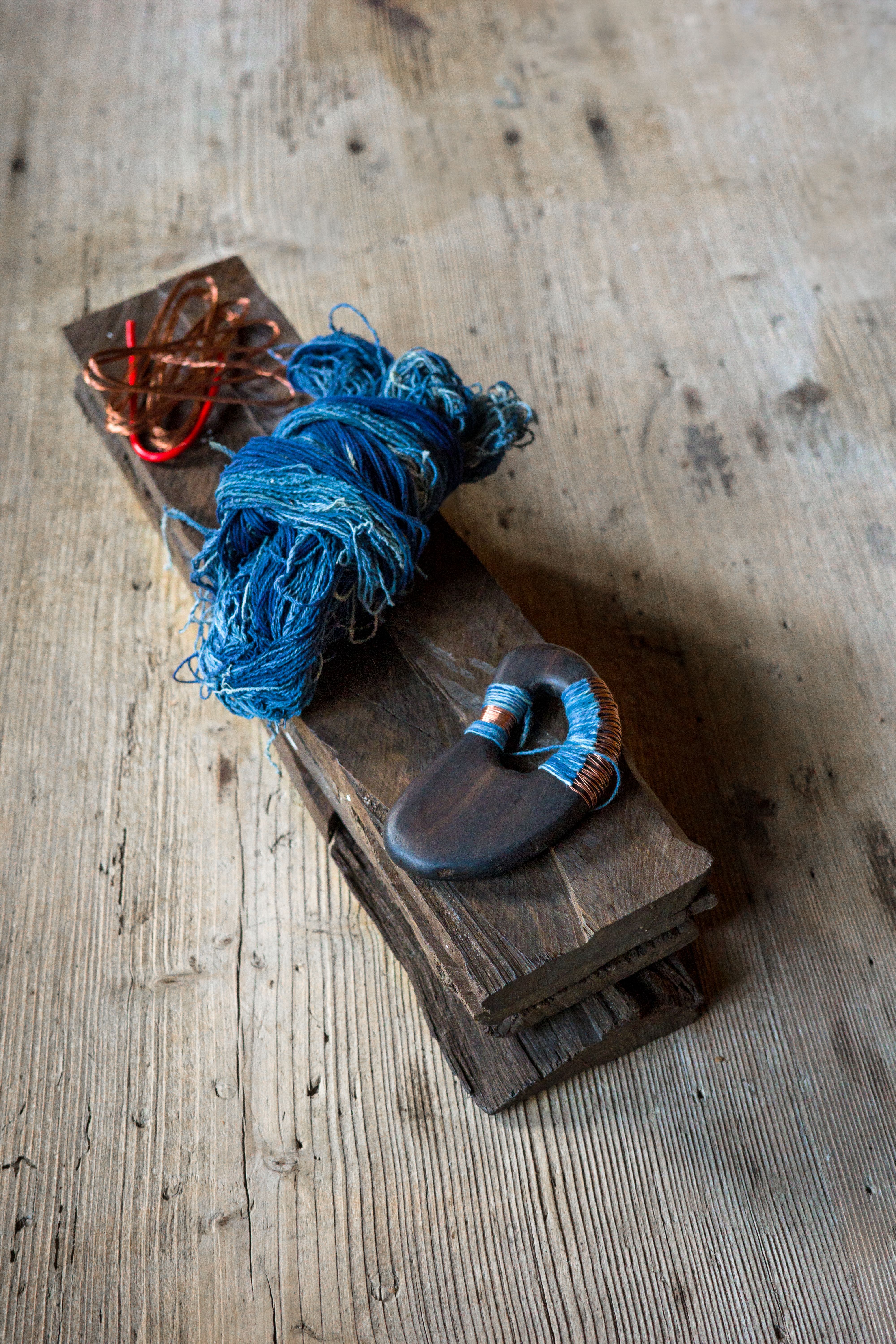
Is there a main inspiration you go back to a lot?
In fashion we were always interested in vintage, from day one to the last day. Secondhand culture, secondhand clothing, products that were made decades ago. The reason why is because they were made with much more love, more craft and better quality most of the time. What I'm inspired by now, is old homes and what I can do with them for the new days.
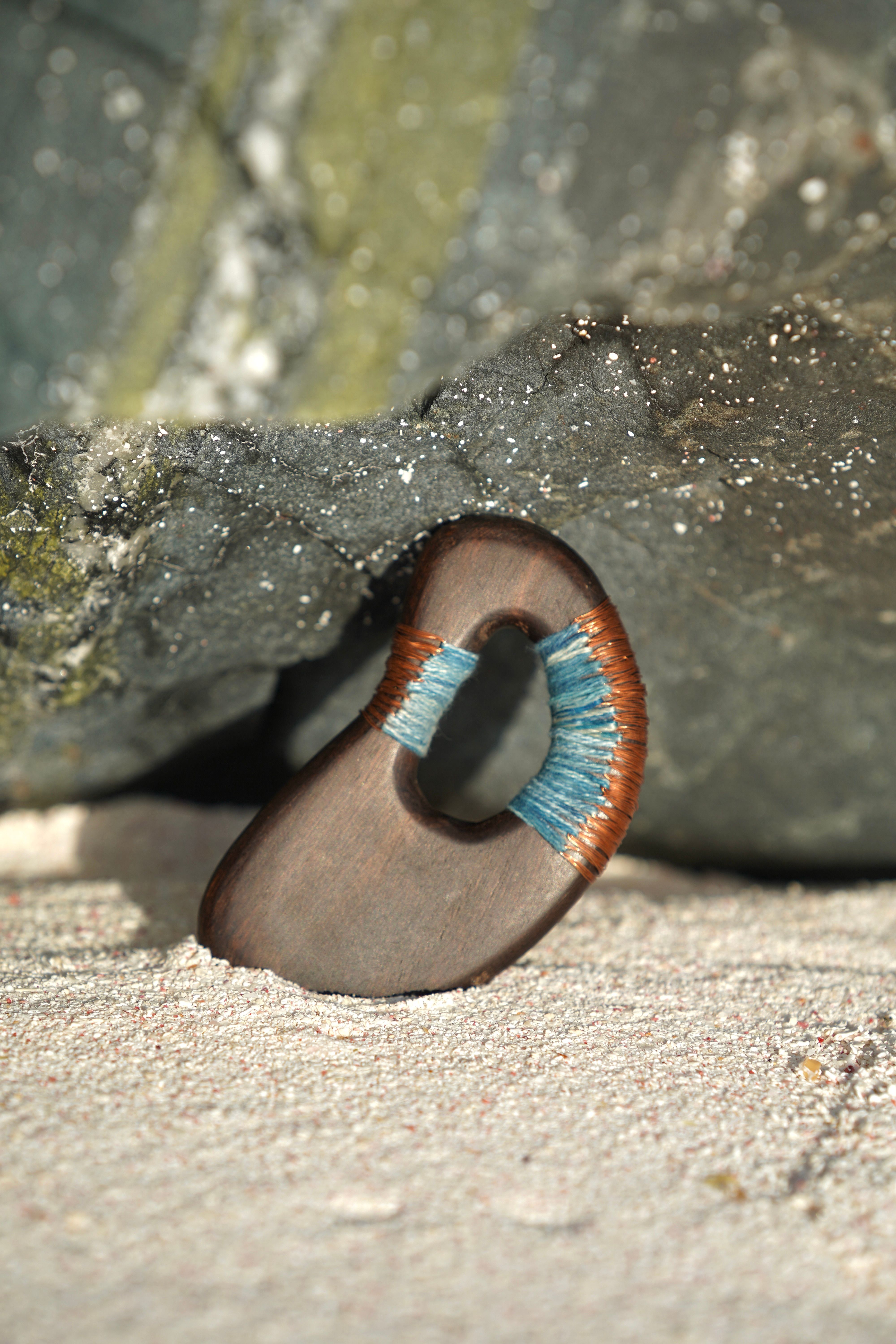
Tell us about the idea behind the item we made for the TwentyFour Six.
The inspiration started with my big love for denim. It started as I was a child. When I was six or seven I already had a full denim outfit. That love never stopped because I've continued working with denim during my time at Diesel. I actually never stopped after that because Indigo is still in my life in the interiors. Indigo is the blue thread through my life.
Secondly I chose this organic form shaped in Brauna wood. Brauna is a Brazilian wood that is dark brown and very dense. It's my favorite wood because of the color and the shine it gets when you polish it. It's wood you cannot cut anymore, so we got this wood from a demolished home as we are building with pieces of demolished homes for our new projects at the moment.
The last material is copper, a simple metal. It's not gold, it's not silver, but it has the same beauty. We have worked with copper quite a lot at the Uxua projects. We made all the tubing, all the faucets and the showers using copper. Copper is an interesting material, because it's antibacterial, antiviral and it's ever present in our lives. It's in all our electricity wires all around the world. I love the combination of the three materials and it kind of represents the story.
"Indigo is the blue thread through my life."
"Indigo is the blue thread through my life."
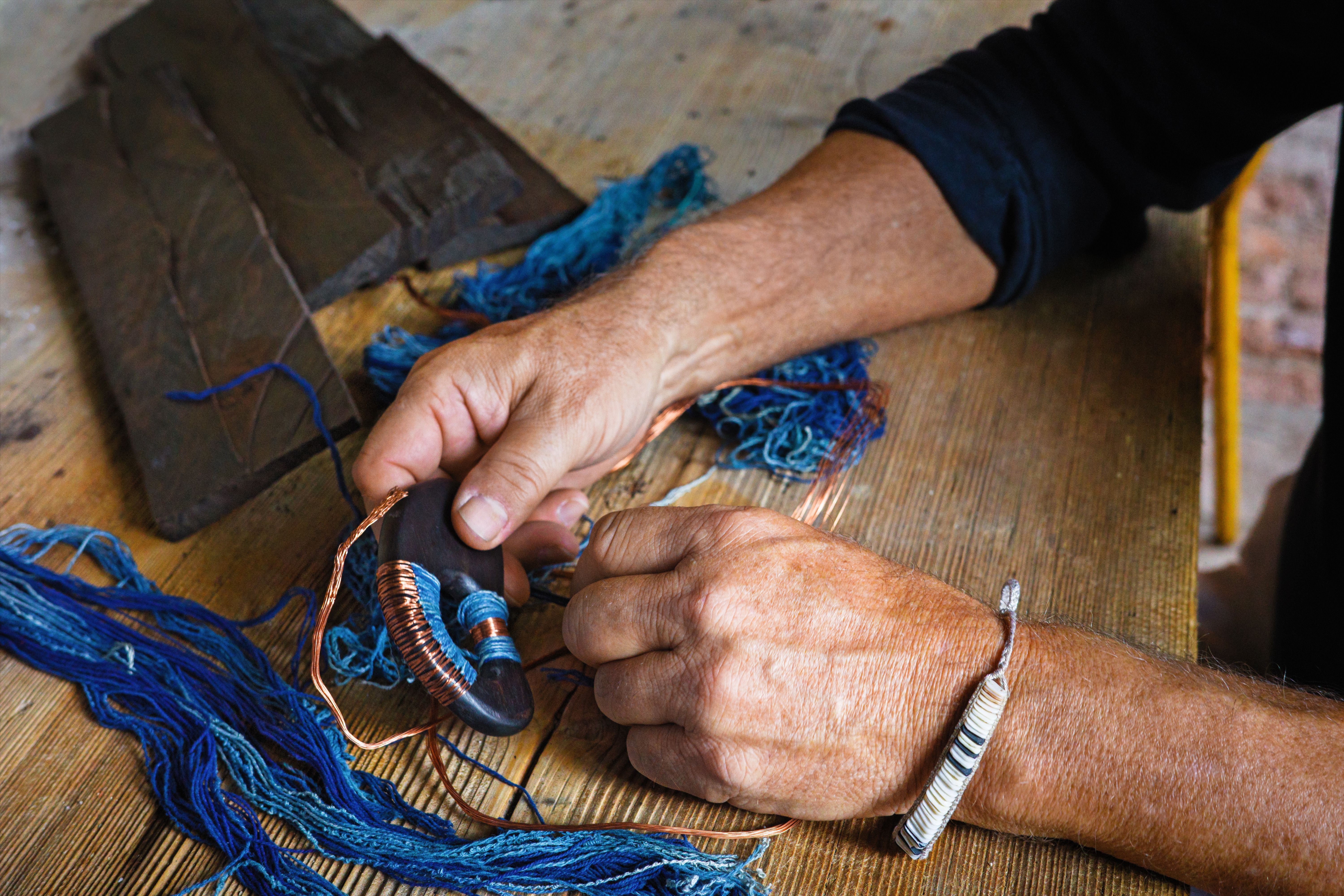
The last question we always like to ask, as we are The TwentyFour Six, what do you like to do on your seventh day or your ideal day off?
The last question we always like to ask, as we are The TwentyFour Six, what do you like to do on your seventh day or your ideal day off?
Well, my ideal day off is actually, it's a very simple one. Going to the beach in Trancoso, walking on the beach, walking in the garden, in nature. It's probably cooking as well, which I started doing recently. I never liked to cook before. But this idea of having a garden now where we are growing food and making food in all quietness, the idea of doing nothing on an almost empty beach is, yeah. And it's luckily a thing that I can do now, there where we live. We have that privilege to do that.
Shop the item
 Sold out
Sold out